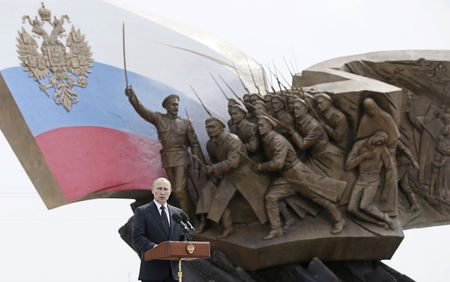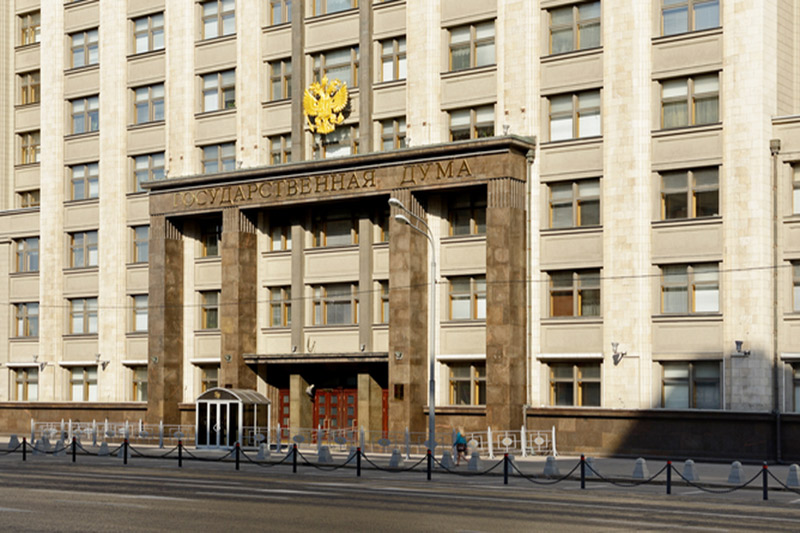MOSCOW/VORONEZH Russia (Reuters) - Russia's government has approved a plan to use contributions to employees' privately-managed pension funds to plug budget holes for a second year running.
The move was confirmed by Labour Minister Maxim Topilin on Tuesday in comments published on the ministry's website. It has been heavily criticised by some officials and analysts, who say it will hurt the pensions industry and financial markets.
The decision was taken after government ministers discussed the budget, Topilin said, adding that all obligatory pension contributions would be directed to finance the redistributive state pension system in 2015, including funds originally earmarked for private management.
Russia imposed a freeze on defined pension contributions to private fund managers in 2014, diverting around 243 billion roubles (£4.14 billion) into state coffers.
Earlier on Tuesday Russia's Vedomosti newspaper, citing an anonymous government source, said President Vladimir Putin and Prime Minister Dmitry Medvedev had already agreed to extend that freeze, despite opposition from the Ministry of Finance and other economic policymakers.
The extension into 2015 would provide around 300 billion roubles for the budget next year.
Such steps reflect growing strains on Russia's public finances, hit by a severe economic slowdown exacerbated by Western sanctions over Ukraine.
Any further reduction in the sums allocated to private pension funds would hurt the nascent asset management industry and the development of capital markets.
Russia has been steadily rolling back a pension reform launched in 2002 under which Russians were supposed to save towards their own retirement.
Under the current system, funds paid by employers for each employee are divided into two parts, with the first going straight to current state pension repayment and the second to the employee's individual pension saving account.
The second part is usually invested in financial instruments by state or privately-managed funds.
Olga Golodets, Russia's Deputy Prime Minister, told reporters in the city of Voronezh that this second element, known as the accumulative part, might be scrapped all together.
"This issue (of scrapping the accumulative part) is in active discussion ... The issue of switching to a voluntary savings system is being discussed," she said after meeting Putin.
Under the current plan, payroll contributions equivalent to 6 percent of salary were to be paid into individual retirement accounts, with a 16 percent levy continuing to go towards financing current pensioners via the State Pension Fund.
Last year Russia in effect made the 6 percent savings contribution voluntary, as Russians who do not express a preference now pay the whole 22 percent levy into the state Fund.
Even Russians who do choose to continue with the 6 percent savings contribution have not been able to do so in 2014 - and now potentially in 2015 - because of the freeze.
The diversion of funds helps to plug budget shortfalls for now, but would increase the long-term burden on the state as the population ages.
"This move breaches the 'social contract' between the state and society to develop long-term private savings," analysts at Russia's Alfa Bank said in a note, adding that it raised a long-term "risk for budget stability".

In a sign of deep disagreements among Russian officials, the Interfax news agency cited an anonymous source at Russia's central bank on Tuesday saying that the move would "put an end to attracting investment into the sector and remove its growth chances," as well as "undermining the trust of citizens towards pension reform".
By limiting funds available for investment, the move would also lead to a sharp rise in interest rates on the bond market, potentially hurting economic activity and the budget, the source told Interfax.
(Reporting by Jason Bush and Alexei Anishchuk; editing by John Stonestreet/Ruth Pitchford)
